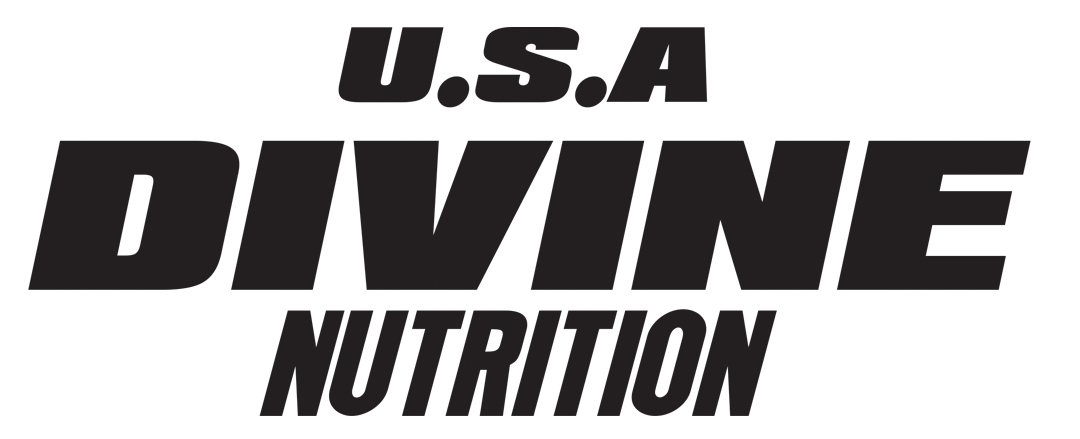For many fitness enthusiasts, the journey towards achieving a well-built physique involves a combination of intense workouts, proper nutrition, and sometimes, the integration of supplements like multivitamins. Multivitamins are a popular choice among individuals aiming to support their overall health, but how do they tie into the realm of muscle building? Let's delve into the science behind multivitamins and their potential impact on muscle development.
The Role of Multivitamins in Muscle Building
While multivitamins themselves don't directly stimulate muscle growth, they play a vital supporting role in the process. Optimal intake of vitamins and minerals ensures the body functions efficiently, which in turn aids muscle development in several ways:
Enhanced Recovery: Vitamins like C and E act as antioxidants, reducing oxidative stress and aiding in post-exercise muscle repair and recovery.
Improved Energy Production: B vitamins contribute to energy metabolism, ensuring your body has the energy required for rigorous workouts, indirectly supporting muscle building efforts.
Promotion of Muscle Function: Essential minerals like calcium, magnesium, and zinc are vital for proper muscle function, contraction, and repair.
Hormonal Balance: Vitamins such as D and zinc play roles in regulating hormones like testosterone, which is important for muscle growth.
Conclusion
In the pursuit of building muscle, it's essential to remember that while multivitamins can be a valuable addition to your regimen, they are not a magic solution for muscle growth. They work in tandem with a balanced diet, adequate protein intake, proper hydration, and consistent training to support overall health, recovery, and indirectly, muscle development.
Ensuring your body receives an adequate supply of essential vitamins and minerals through a multivitamin supplement can be beneficial, especially when dietary intake may fall short. However, always prioritise a wholesome diet rich in nutrient-dense foods as the foundation of your nutritional strategy.
Remember, the key to successful muscle building lies in a holistic approach that encompasses proper nutrition, regular exercise, ample rest, and targeted supplementation, including multivitamins, to bridge any nutritional gaps and support your fitness goals. Consulting a healthcare professional or a nutritionist can provide personalised guidance on incorporating multivitamins effectively into your muscle-building journey.
Frequently Asked Questions (FAQs) on Multivitamins and Muscle Building:
- What Are Multivitamins?
Multivitamins are supplements containing a blend of essential vitamins and minerals. They are designed to fill potential gaps in the diet where individuals may not be obtaining sufficient nutrients from food alone.
- Do Multivitamins Aid In Muscle Building?
While multivitamins themselves don't directly build muscle, they play a vital role in supporting overall health, which is crucial for optimal muscle growth and recovery. Certain vitamins and minerals have specific roles in muscle function, repair, and overall metabolism.
- Which Vitamins And Minerals Are Essential For Muscle Building?
- Vitamin D: It aids in muscle function, strength, and protein synthesis. Insufficient levels of vitamin D may hinder muscle growth.
- Vitamin C: Known for its role in collagen formation, vitamin C also helps in repairing and maintaining muscles post-exercise.
- Vitamin E: Acts as an antioxidant, potentially reducing exercise-induced muscle damage.
- B Vitamins: Including B6, B12, and folate, assist in energy production, which is crucial for intense workouts.
- Magnesium: Essential for muscle contraction and relaxation.
- Zinc: Contributes to protein synthesis, essential for muscle repair and growth.
- Calcium: Required for muscle contraction and bone health.
- Can Multivitamins Replace A Healthy Diet?
Multivitamins are not a substitute for a balanced and nutritious diet. They serve as supplements to ensure that your body receives essential nutrients, especially when dietary intake may be insufficient.
- Are Multivitamins Safe For Consumption?
When taken as directed, multivitamins are generally safe. However, excessive intake of certain vitamins and minerals may have adverse effects. It's crucial to follow recommended dosages and consult a healthcare professional before starting any supplement regimen.
















